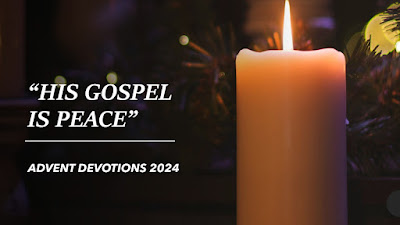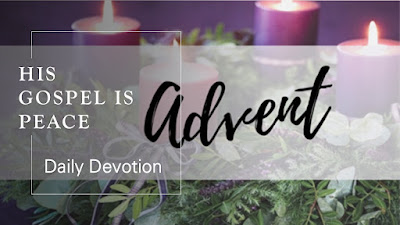January 1, 2025
Frances Ridley Havergal, the well-known British hymnwriter, found that most verses on greeting cards were not very memorable. I am sure you have found this to be true as well. Standing in an aisle of greeting cards trying to find the right words for a loved one or friend. Frances, was known to send New Year's greetings to her friends which would include a poem.
In 1872, when she was thirty-six years old, she wrote “Another Year Is Dawning,” printed it on a specially designed greeting card, and sent it to her friends. Over it was the caption, “A Happy New Year! Ever such may it be!”
Here is the poem she sent, that has become a frequently sung New Year’s hymn. I like to use her words as a New Year's Prayer, today I invite you to join me in praying these words as we begin the year 2025.
The poem is based on the following three scriptures:
13 If you are pleased with me, teach me your ways so I may know you and continue to find favor with you. Remember that this nation is your people.”
14 The Lord replied, “My Presence will go with you, and I will give you rest.”
Joshua 1:9
Psalm 90:12
12 Teach us to number our days,
that we may gain a heart of wisdom.
Another year is dawning
Dear Father let it be
In working or in waiting
Another year with Thee
Another year of progress
Another year of praise
Another year of proving
Thy presence all the days
Another year of mercies
Of faithfulness and grace
Another year of gladness
In the shining of Thy face
Another year of leaning
Upon Thy loving breast
Another year of trusting
Of quiet happy rest
Another year of service
Of witness for Thy love
Another year of training
For holier work above
Another year is dawning
Dear Father let it be
On earth or else in heaven
Another year for Thee


















